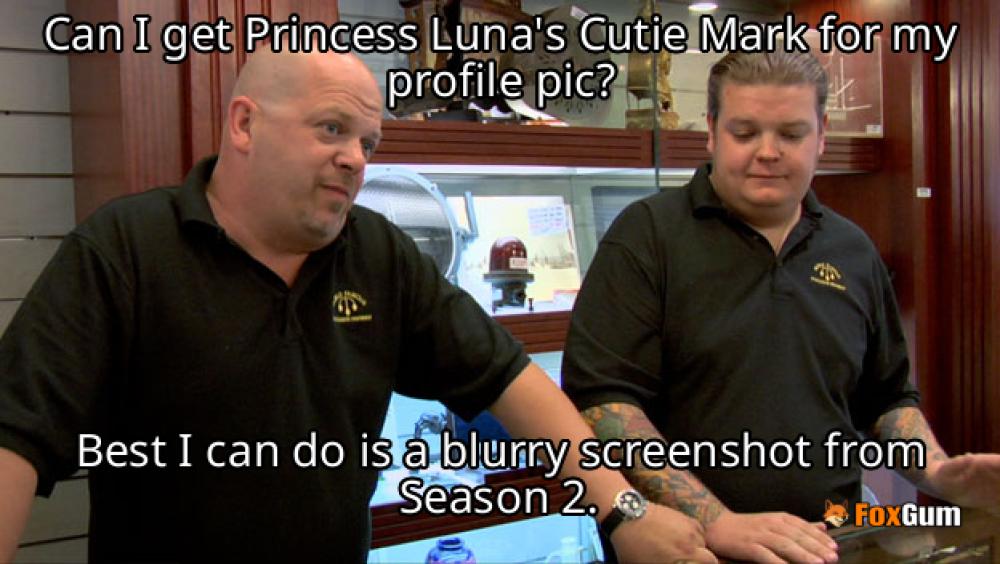
What is a Compliance Officer?
In the grand circus of business, where the clowns juggle numbers and the acrobats flip through spreadsheets, the compliance officer is the one in the corner, meticulously checking the safety nets. These unsung heroes ensure that companies follow legal and regulatory requirements, as well as their own internal policies. Think of them as the referees of the corporate world—without them, things could get pretty chaotic!
Job Duties
The daily life of a compliance officer is anything but boring. Here are some of their key responsibilities:
- Monitoring Compliance: Regularly reviewing company practices to ensure they align with laws and regulations.
- Training Employees: Conducting training sessions to educate staff on compliance policies. Yes, this means they often have to explain why “winging it” isn’t a viable strategy.
- Risk Assessment: Identifying potential compliance risks and developing strategies to mitigate them. Kind of like being a corporate fortune teller, but without the crystal ball.
- Reporting: Preparing reports for senior management and regulatory bodies. This is where they get to flex their writing muscles—goodbye, creative writing class!
Work Environment
Compliance officers typically work in an office setting, which means they get to enjoy the lovely glow of fluorescent lights and the joyful hum of office chatter. However, their role can vary widely depending on the industry. For instance, compliance officers in finance might spend their days poring over regulations like they’re reading a thrilling novel, while those in healthcare could be knee-deep in patient privacy laws. Wherever they are, they’re always on the lookout for potential pitfalls.
Education and Qualifications
To don the compliance officer cape, a bachelor’s degree in a relevant field like business, finance, or law is typically required. Some may even pursue advanced degrees or certifications in compliance to boost their credibility. After all, who doesn’t want a shiny title to impress at parties? 🎉
Skills Required
Aside from a solid educational background, compliance officers need a unique skill set:
- Attention to Detail: They must be able to spot discrepancies faster than a cat spotting a laser pointer.
- Analytical Skills: The ability to analyze complex regulations and apply them to company practices is crucial.
- Communication Skills: Whether it’s writing reports or leading training sessions, they must convey information clearly and effectively.
- Problem-Solving: Compliance officers are often faced with challenges that require creative solutions. No pressure, right?
Job Outlook
The demand for compliance officers is on the rise. As businesses continue to navigate an increasingly complex regulatory landscape, the need for professionals who can help steer the ship safely is paramount. According to the U.S. Bureau of Labor Statistics, job opportunities for compliance officers are expected to grow, making this a solid career choice for those interested in the field.
Conclusion
In a world where rules are as common as coffee stains on a report, compliance officers play an essential role in keeping businesses on track. They may not wear capes, but they certainly help save the day—one regulation at a time. So, if you’re looking for a career that combines analytical skills with a dash of detective work, consider stepping into the shoes of a compliance officer. Who knows? You might just find your calling among the paperwork! 📄

















 Unpacking Princess Luna's Cutie Mark: A Royal Mystery!
Unpacking Princess Luna's Cutie Mark: A Royal Mystery! 
 Health
Health  Fitness
Fitness  Lifestyle
Lifestyle  Tech
Tech  Travel
Travel  Food
Food  Education
Education  Parenting
Parenting  Career & Work
Career & Work  Hobbies
Hobbies  Wellness
Wellness  Beauty
Beauty  Cars
Cars  Art
Art  Science
Science  Culture
Culture  Books
Books  Music
Music  Movies
Movies  Gaming
Gaming  Sports
Sports  Nature
Nature  Home & Garden
Home & Garden  Business & Finance
Business & Finance  Relationships
Relationships  Pets
Pets  Shopping
Shopping  Mindset & Inspiration
Mindset & Inspiration  Environment
Environment  Gadgets
Gadgets  Politics
Politics 